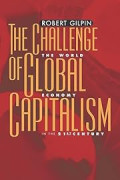
THE CHALLENGE OF GLOBAL CAPITALISM: THE WORLD ECONOMY IN THE 21ST CENTURY
Many individuals proclaim that global capitalism is here to stay. Unfettered markets, they argue, now drive the world, and all countries must adjust, no matter how painful this may be for some. Rob…
- Edition
- 1st. ed.
- Call Number
- 337 GIL t
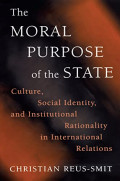
THE MORAL PURPOSE OF THE STATE: CULTURE, SOCIAL IDENTITY, AND INSTITUTIONAL, …
This book seeks to explain why different systems of sovereign states have built different types of fundamental institutions to govern interstate relations. Why, for example, did the ancient Greeks …
- Edition
- -
- Call Number
- 327.1 REU m

STATES AND MARKETS
An Introduction to International Political Economy Susan Strange, formerly University of Warwick. Professor Strange was well known for her unorthodox and stimulating views on the international p…
- Edition
- 2nd Edition
- Call Number
- 337 STR s 2nd
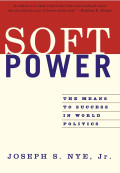
SOFT POWER: THE MEANS TO SUCCESS IN WORLD POLITICS
Joseph Nye coined the term "soft power" in the late 1980s. It is now used frequentlyand often incorrectlyby political leaders, editorial writers, and academics around the world. So what is soft…
- Edition
- -
- Call Number
- 327.73 NYE s
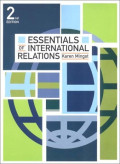
ESSENTIALS OF INTERNATIONAL RELATIONS
Adopted at over 200 colleges and universities in the First Edition, Essentials of International Relations covers the field's central topics and offers professors the freedom to supplement their cou…
- Edition
- 2nd Edition
- Call Number
- 327 MIN e 2nd
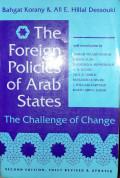
THE FOREIGN POLICIES OF ARAB STATES: THE CHALLENGE OF CHANGE
Middle East politics have been proverbial for their changeability. The 1970s ushered in petro-politics, for instance, but OPEC's international status declined markedly in the following decade. Simi…
- Edition
- 2nd Edition
- Call Number
- 327.0917 KOR f 2nd
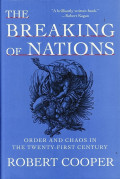
THE BREAKING OF NATIONS: ORDER AND CHAOS IN THE TWENTY-FIRST CENTURY
Cooper argues that although Europeans may operate on the basis of laws, openness and cooperative security among themselves, but when dealing with a hostile outside world they need to revert to the …
- Edition
- -
- Call Number
- 327.101 COO b
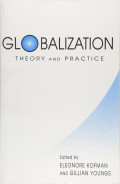
GLOBALIZATION: THEORY AND PRACTICE
Globalization is no longer a new phenomenon in the academic world. It has become part of the established conceptual vocabulary for addressing social relations on a global scale. The hype has been p…
- Edition
- -
- Call Number
- 320.1 KOF g
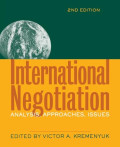
INTERNATIONAL NEGOTIATION: ANALYSIS, APPROACHES, ISSUES
The first edition of International Negotiation became a best-selling classic in the field of global conflict resolution. This second edition has been substantially revised and updated to meet the c…
- Edition
- 2nd Edition
- Call Number
- 327.2 KRE i 2nd
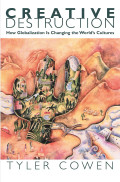
CREATIVE DESTRUCTION: HOW GLOBALIZATION IS CHANGING THE WORLD`S CULTURES
A Frenchman rents a Hollywood movie. A Thai schoolgirl mimics Madonna. Saddam Hussein chooses Frank Sinatra's "My Way" as the theme song for his fifty-fourth birthday. It is a commonplace that glob…
- Edition
- -
- Call Number
- 306 COW t
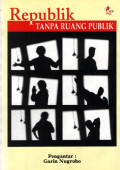
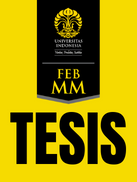
 Computer Science, Information & General Works
Computer Science, Information & General Works  Philosophy & Psychology
Philosophy & Psychology  Religion
Religion  Social Sciences
Social Sciences  Language
Language  Pure Science
Pure Science  Applied Sciences
Applied Sciences  Art & Recreation
Art & Recreation  Literature
Literature  History & Geography
History & Geography